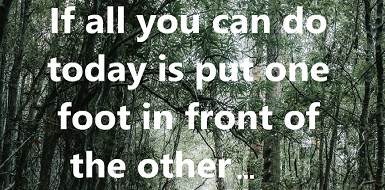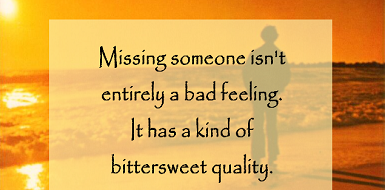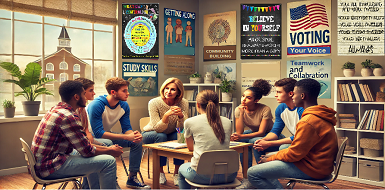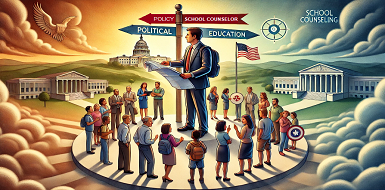Susan Rardon
Rose, Ph.D.
School Counselors Helping to Bridge the Gap for Parents

When I was a boy of fourteen, my father was so ignorant I could hardly stand to have the old man around. But, when I got to be twenty-one, I was astonished at how much he had learned in sever years. - Mark Twain
One of the troubles when working with children is that just when you think you are getting the hang of it, the rules change. They become adolescents. The basic directive that children need our unconditional love, acceptance, and nurturing always applies. Yet, when we do not continuously adapt our behaviors and expectations to match children’s developmental changes, we risk defeating their efforts to grow up, not to mention endangering the health of our relationship with them.
Nowhere is this need for unconditional love and acceptance more apparent than during our children’s early adolescence when an astonishing metamorphosis takes place. Seemingly overnight, those reasonably cooperative, affectionate, admiring creatures from elementary school transform into a rather unappreciative, moody, and hypercritical bunch who find us known as adults hopelessly lacking. Everything about us is now suspicious.
Suffice it say, “We just don’t understand.” And, we as school counselors have partners in this new development – their parents. This sudden fall from grace and strident declaration of independence can be devastating for them. It feels like rejection. In the words of these adolescents, it’s not fair! After all those Moms and Dads have done for these youngsters, how dare they turn on them?! Not only are they hurt, but they’re scared. At a time when the dangers and the stakes loom greater than ever, parents worry that they are losing control and influence over their children. This is where we can work together for their good.
First, we can remind the parents not to put their job as parents after being friends with our children. Friends are equals. Childhood friends drop each other and move on to other friendships, experiencing all the different personalities that life has to offer. Friends don’t guide, nurture, and protect each other; they don’t set boundaries and limits for each other. (Minton, 2008) Being a parent is not an adversarial relationship, but one in which clear lines are drawn about who is in charge. If parents don’t create a solid, secure base from which their child can explore the world, they are probably being a friend rather than a parent. (Minton, 2008) Children have many friends; they have two parents - and that's only if they're lucky. (Sadly, many have one or are being raised by grandparents or others.)
Parents have to be parents first, and the friendship will follow in due time. When parents try to be friends with their children it sends a confusing message. It undermines a child’s feelings of security for parents to be inconsistent in their role. (Minton, 2008)
Next, we can assure parents that this stage is a product of development; we all pass through it. One illustration is from my own personal relationship with my daughter. We had shared a special, close relationship when she was younger. We enjoyed going to concerts, the ballet, and shopping together. I have a special memory of her watching me put make-up on and get ready for the day. She asked, "Mom, will I look like you when I grow up?" I replied, "Yes, you probably will." To which she responded, pumping her fist, "Yes." So, I thought I had done everything “right” and we would not go through a “rough spot”. After all, I had studied psychology and knew what do do. Yet, no one escapes this stage. We weathered through, and she is now a 30 something amazing Mom. I remind parents of this when they're going through "the teenage" years.
Finally, we can bridge the gap for adolescents who do not have parents with the wherewithal or capacity to provide the parental involvement for successful academic achievement. Some parents carry baggage due to their own lack of success in school. They usually are not aware that they are carrying this baggage, but it impedes their ability to provide proper boundaries and/or appropriate emotional support. It is not that they do not care; it’s that they do not know. So, it’s up to us as counselors to empower parents by collaborating with them and walking alongside them to both teach them and support their child.
References
Minton, Barbara L. (2008). Strong Boundaries Create Secure Children. Natural News, May 10, 2008. Retrieved from http://www.naturalnews.com/023208_child_children_life.html .
I am a school counselor turned counselor educator, professor, and author helping educators and parents to build social, emotional, and academic growth in ALL kids! The school counseling blog delivers both advocacy as well as strategies to help you deliver your best school counseling program.

I'm a mother, grandmother, professor, author, and wife (I'll always be his). Until October 20, 2020, I lived with my husband, Robert (Bob) Rose, in Louisville, Ky. On that awful day of October 20,2020, my life profoundly changed, when this amazing man went on to Heaven. After Bob moved to Heaven, I embraced my love of writing as an outlet for grief. Hence, the Grief Blog is my attempt to share what I learned as a Counselor in education with what I am learning through this experience of walking this earth without him. My mission is to help those in grief move forward to see joy beyond this most painful time.





Useful Links




